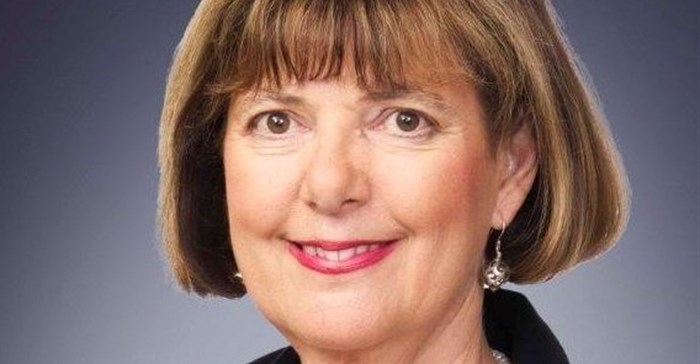
Top stories


ESG & Sustainability#BudgetSpeech2026: SRD grant unchanged, other Sassa social grants see hike
13 hours



More news












ESG & Sustainability
South Africa’s carbon tax should stay: climate scientists explain why










According to minister of environment, forestry and fisheries, Barbara Creecy, said South Africa established the Presidential Climate Change Coordinating Commission in late 2020 to oversee the transition away from coal.
The commission is tasked with advising on South Africa’s climate change response. This includes mitigation and adaptation to climate change, and its associated impacts. It will also provide independent monitoring of South Africa’s progress in meeting its emissions reduction and adaptation goals.
"Our national utility, Eskom, has committed in principle to net zero emissions by 2050, and has embarked on a process of repurposing retiring coal power plants by adding solar PV and batteries. Framework legislation on climate change will be introduced in the current session of Parliament, and will provide a firm legal basis for climate action and institutions.
“The path towards a transition to a low carbon economy and climate proofing our infrastructure requires a high level of cooperation with traditional donors, partners and the private sector to enhance access to massively scaled-up finance, technology and capacity-building support,” Creecy said.
The decline in public finance for mitigation and adaptation, with grant financing hovering at around 6%, is a real concern to African countries. “Developed countries are stepping back from a commitment to 0.7% of gross domestic product (GDP) for development aid. Developing countries are facing a debt crisis. We will need solutions to financing climate action other than increasing developing country debt,” she said.
Over 450 public development banks pledged on 12 November 2020 to align with the Paris Agreement.
“This is a very encouraging development, and we would assume that these banks will align their lending practices with the real needs of developing countries for their long-term transitions to climate resilient and zero carbon societies.
“This will definitely include the need for transition finance. Ignoring the real needs of developing countries in this regard will result in the Paris Agreement’s goals not being achieved,” Creecy said.
The minister emphasised the importance of working with the government of the UK to chart a roadmap to a successful COP 26.
“We expect mitigation, adaptation and finance to be treated in a balanced manner, and an ambitious outcome for all three. A breakthrough on finance is essential for success in Glasgow.
“In Glasgow, we think that there are important linkages across Article 6, transparency and common timeframes. South Africa stands ready to assist in building bridges to find solutions, as we have often done in the past,” she said.
SAnews.gov.za is a South African government news service, published by the Government Communication and Information System (GCIS). SAnews.gov.za (formerly BuaNews) was established to provide quick and easy access to articles and feature stories aimed at keeping the public informed about the implementation of government mandates.
Go to: http://www.sanews.gov.za